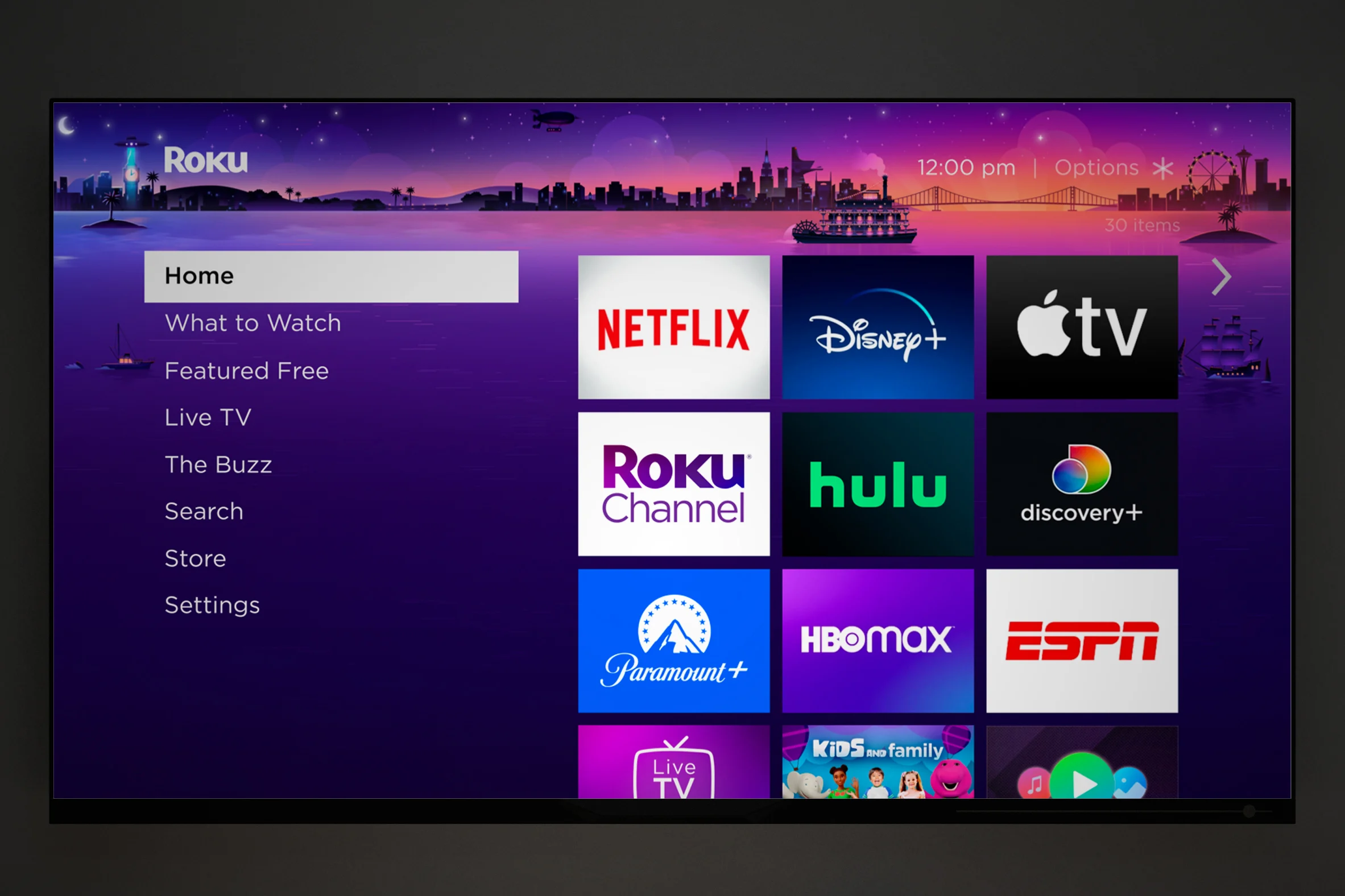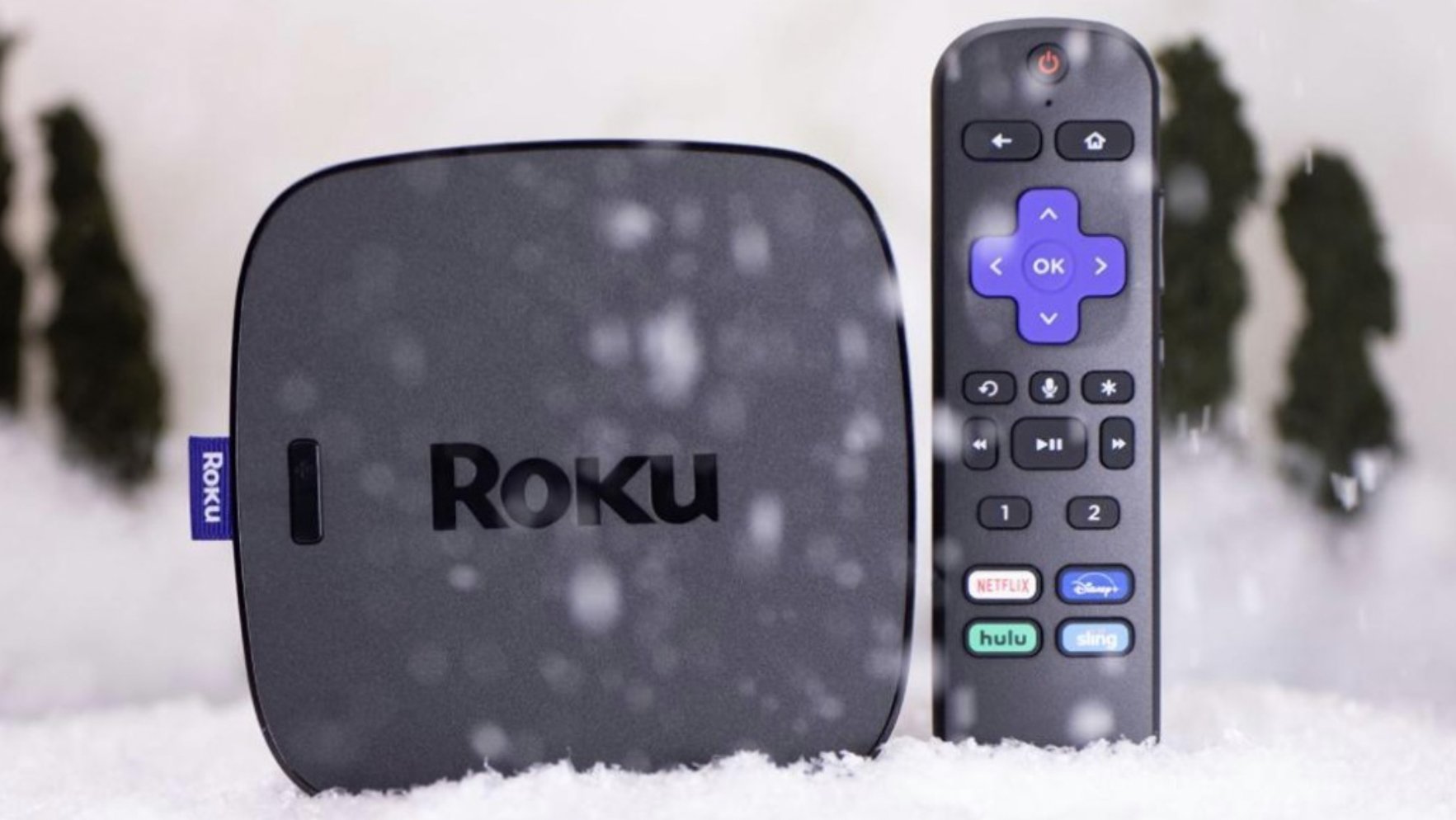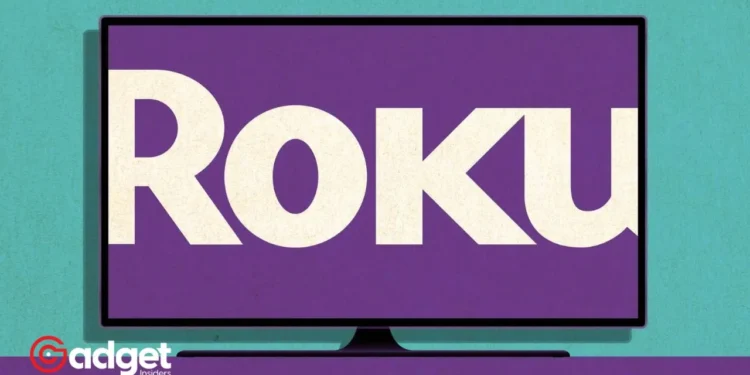Roku, the popular streaming device company, has recently ignited a storm of controversy with its latest terms of service (ToS) update, causing uproar among its user base. The contentious update has led to a barrage of criticism from customers, with many threatening to abandon the brand altogether.
This article delves into the tumultuous situation, exploring the reasons behind the customer backlash and the potential implications for Roku.

Roku: The Update That Sparked a Fire
The crux of the issue lies in Roku’s updated Dispute Resolution Terms, which were thrust upon users through a seemingly innocuous pop-up message. However, the message’s stipulation left many feeling cornered: agree to the updated terms or lose access to your device. This “take it or leave it” approach has not sat well with the community.
One particularly vocal user, “pick Stanford,” encapsulated the sentiment of many by expressing their fury and disbelief at the idea that their ownership over their Roku devices was being challenged.
Similarly, a user aptly named “Formercustomer” lamented the situation, criticizing it for effectively rendering devices useless unless the new terms were accepted. This move has been branded as “disgraceful” by users who feel their consumer rights are being trampled upon.
Roku sent a message to all owners of Roku TVs today telling them that they were required to sign a terms of service agreement that prohibits them from joining any class action suit against @Roku, or else they can't continue to use the TV that they paid for. You can't opt out… https://t.co/iScXhR4zlN pic.twitter.com/kMRNJb65qi
— Jeff Melton #FreePalestine #JillStein24 (@leftyvegan) March 4, 2024
The Opt-Out Ordeal
Adding insult to injury, Roku’s method for opting out of the ToS update is far from straightforward. Instead of a simple button press, users wishing to dissent are required to send a letter to Roku’s general counsel—a process that seems unnecessarily cumbersome in the digital age.
This procedure includes providing detailed information about the user and the products in question, a step that has only served to fuel the frustration among its customer base.
A user by the name of “Campbell220” perfectly illustrated the predicament many are facing, stating, “I can’t watch my TV because I don’t agree to the Dispute Resolution Terms. Please help.” This sentiment reflects a broader discontent with a policy that leaves users in limbo, unable to use products they have paid for and enjoyed for years.
Why the Outrage?
The heart of the issue for many is the principle of forced arbitration, a contentious practice that Roku, among other companies, employs to prevent users from suing.
The updated ToS elaborates on the arbitration process, introducing a section on “Required Informal Dispute Resolution” and detailing the steps users must take before entering arbitration. Critics argue that forced arbitration benefits companies at the expense of consumers, a sentiment echoed in the backlash against the recent update.
The company’s stance on the matter, as indicated by a spokesperson’s statement, suggests a routine update process intended to keep customers informed. However, the manner of implementation and the company’s reluctance to address user concerns directly have only exacerbated the situation.

The Bigger Picture
Roku’s current predicament serves as a stark reminder of the delicate balance companies must maintain in updating their policies. With rivals such as Amazon, Apple, and Google not imposing forced arbitration on their users, its aggressive stance could have significant repercussions.
The company risks not only alienating its existing user base but also deterring potential new customers. As the debate rages on in the brand’s support forums and beyond, the company faces a critical juncture.
Will Roku reconsider its approach in light of the backlash, or will it stand firm on its updated ToS? Only time will tell, but one thing is clear: the outcome of this controversy will likely have lasting implications for Roku and its relationship with its customers.










